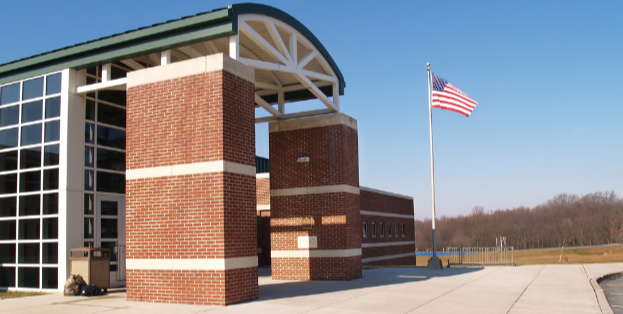
Cynthia Farmer/ Shutterstock
In this Higher Ed Careers interview, we spoke with Andrea Wheeler, who leads the Association of Veterans Education Certifying Officials (AVECO) and is also a senior regulatory affairs analyst at DeVry University. Wheeler talked with us about her career path, how she first got involved with AVECO , and the organization’s priorities in veterans’ education.
Mary Guiden: Tell us about your role as the president of AVECO, the Association of Veterans Education Certifying Officials. How did you get involved with AVECO in 2013 and become the organization’s president?
Andrea Wheeler, AVECO: I have been an active member of AVECO since 2016, starting as a general member before being approached to join the Board of Directors. Over the years, I have served in various capacities, including member-at-large, treasurer, secretary, and eventually president. In each role, I focused on supporting the board’s efforts to advance AVECO’s mission of preparing and serving administrators and counselors of veterans’ education benefits in institutions of higher learning, as well as other public and private agencies engaged in the administration and support of these benefits. Serving in these leadership positions has allowed me to contribute meaningfully to AVECO’s goals. I remain engaged because I am passionate about this mission and find great fulfillment in helping uplift the work and community supporting veterans’ education.
Guiden: What’s your elevator pitch or overview for AVECO, and what would you like people working in higher ed to know about the organization that they may not know or realize?
Wheeler: AVECO is here to serve its members — school-certifying officials who serve those who have served. We do this by providing a safe space forum for our members to network and learn from each other and participate in structured training opportunities. AVECO is open to members from training facilities and schools nationwide.
Guiden: You also serve as a senior analyst of regulatory affairs for DeVry University. What drew you to the compliance side of higher ed, and how did you become a “regulation nerd,” as you’ve described it?
Wheeler: In regulatory affairs, we serve our institution by providing insights into the rules and laws that govern how we serve our students. As my mother would say, I’ve always been naturally inquisitive, constantly asking questions and seeking to understand the “why” behind processes. Knowing the nuts and bolts of how we begin at A and arrive at Z within higher education fuels my drive for continuing education, which is what I do as an analyst. Similarly, AVECO provides its members with the tools, education, and community needed to navigate the complexities of veterans’ education benefits with confidence.
Guiden: AVECO recently highlighted a new Department of Veterans Affairs rule, “Bar to Approval,” that could significantly affect veterans’ education. According to the Federal Register, the rule mandates that a State Approving Agency or the Secretary of Veterans Affairs must disapprove educational programs that do not allow students using VA benefits to attend courses while waiting for payment, or that penalize them for financial difficulties caused by delayed VA payments.
What should higher ed professionals know about this rule?
Wheeler: The higher ed community should be vigilant on this rule as we all wait for guidance from the department. AVECO has identified three areas needing clarity:
- The applicability of this rule to Chapter 35 beneficiaries.
- A requirement that the schools include written confirmation in the catalog and online.
- Requirements to have the state approving agencies pre-approve school’s certification request documents as part of the annual approval process.
Guiden: What are AVECO’s current priorities?
Wheeler: 2024 was the inaugural year of our standing committees — membership, legislative, communication, and finance. Over the next year, our priority is to establish and advance the strategic goals of each committee, ensuring they align with AVECO’s mission of supporting veterans’ education benefits. By focusing on membership engagement, legislative advocacy, effective communication, and financial sustainability, we aim to strengthen our organization’s foundation and enhance the value we bring to our members.
AVECO also intends to revitalize our training resources for non-college degrees, flights, on-the-job training, and apprenticeship members.
Guiden: Who are your primary partners, and how do you collaborate with them for the greater good?
Wheeler: Our primary partners include other veteran training organizations such as the National Association of Veterans’ Program Administrators (NAVPA) and the Western Association of Veteran Education Specialists (WAVES), as well as the Department of Veterans Affairs Education Services and the National Association of State Approving Agencies (NASAA) and its member agencies.
We work toward a common goal: improving educational access and services for veterans, servicemembers, spouses, and dependents. Throughout the year, we collaborate by sharing insights, polling our members, and advocating collectively on key issues that impact the School Certifying Official (SCO) community. This partnership strengthens our collective voice, ensuring that the needs of those we serve are heard and addressed effectively.
